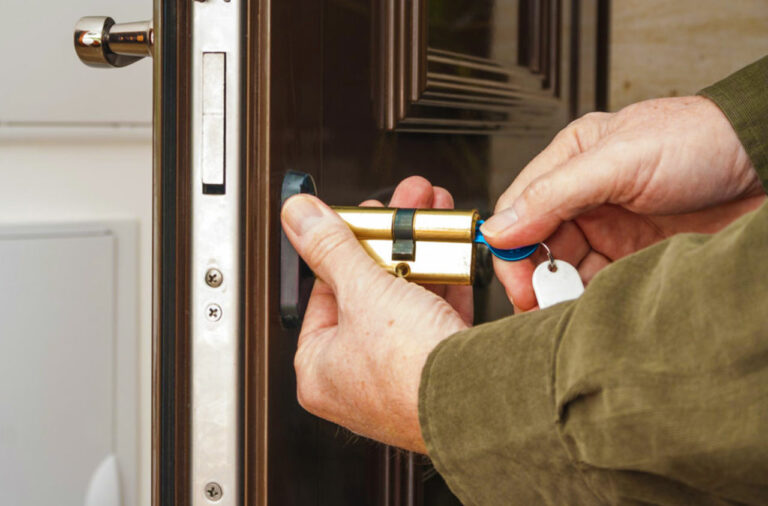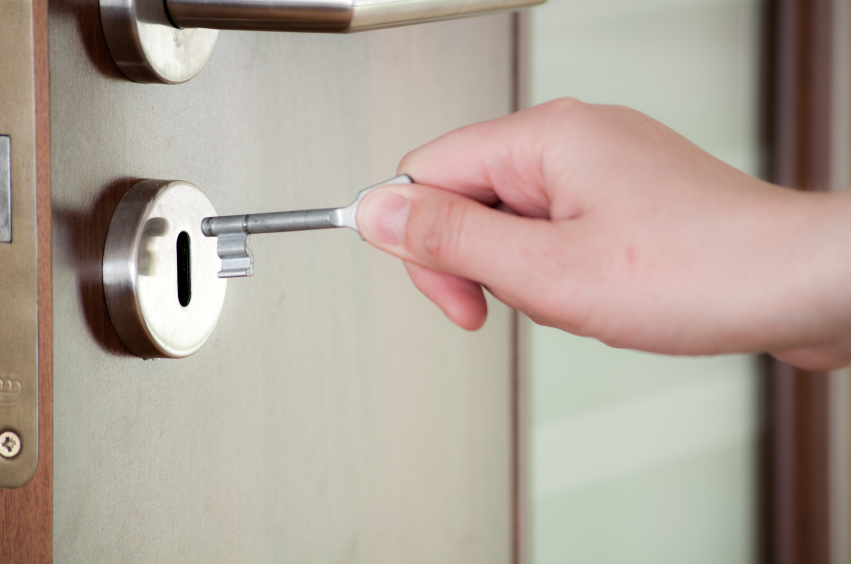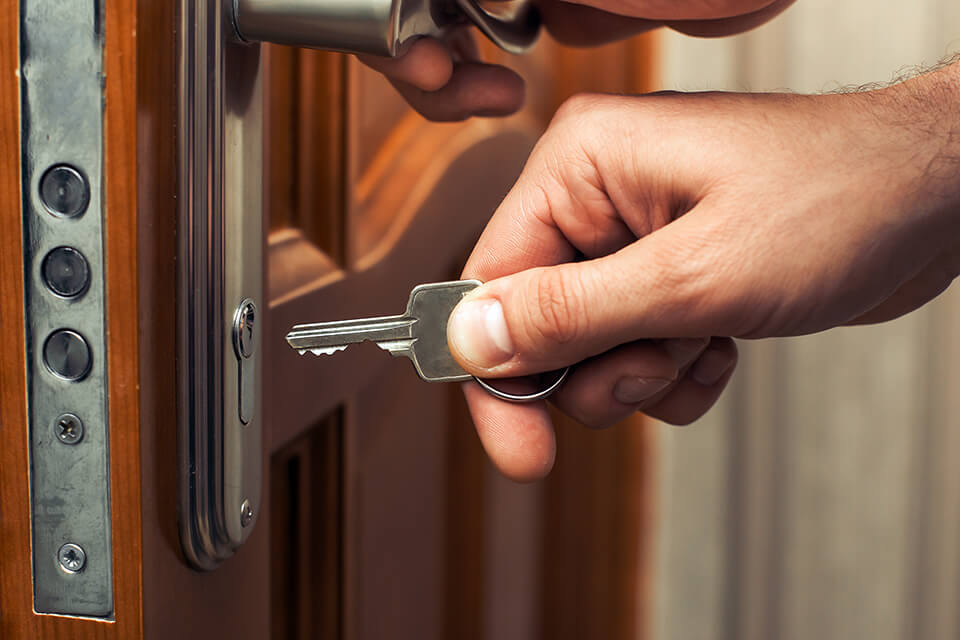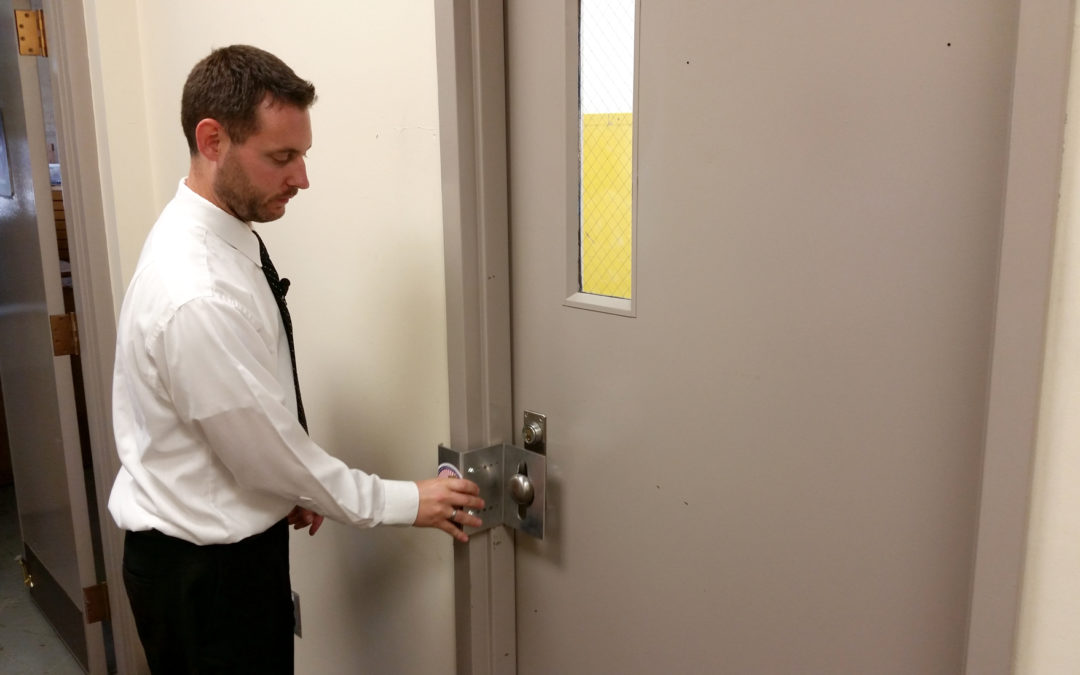In the world of property rental, an office lockout can be a stressful situation. Whether you are a landlord or a tenant, understanding who is responsible for the costs is crucial. The question of who pays for office lockout landlord or tenant is one that requires careful consideration and understanding of rental agreements, legal obligations, and practical strategies to ensure smooth resolution.

Understanding Office Lockouts
An office lockout occurs when access to a rented office space is restricted due to lost keys, malfunctioning locks, or other unforeseen circumstances. This can disrupt business operations, leading to potential financial losses and frustration for both parties involved.
Causes of Office Lockouts
- Lost or stolen keys
- Malfunctioning locks
- Security system failures
- Employee error
Impact on Business Operations
An office lockout can halt productivity, delay crucial meetings, and tarnish the reputation of a business. Hence, knowing how to handle lockouts efficiently is essential for maintaining business continuity.
Legal Perspective: Responsibilities of Landlords and Tenants
The rental agreement often dictates the responsibilities of both landlords and tenants in the event of an office lockout. It is important to review the lease terms carefully to determine who is financially responsible for such incidents.
Landlord’s Responsibilities
Typically, landlords are responsible for maintaining the structural integrity and security of the building. This includes ensuring that locks and security systems are in working order at the start of the tenancy. If a lockout occurs due to faulty equipment provided by the landlord, they may bear the costs of resolving the issue.
Tenant’s Responsibilities
Tenants are generally responsible for day-to-day access and security of their rented space. If a lockout is due to lost keys or actions of the tenant, they would likely be responsible for covering the cost of locksmith services.
Practical Solutions to Office Lockouts
Preventive Measures
Prevention is always better than cure. Tenants can reduce the risk of lockouts by implementing key management systems, duplicating keys, and regularly maintaining security equipment. Landlords can also contribute by ensuring locks and security systems are up-to-date and reliable.
Choosing a Reliable Locksmith
Selecting a trustworthy locksmith is crucial for resolving office lockouts efficiently. Consider recommendations and reviews to find a reputable service provider. Read more about choosing the best locks for your office.
Case Studies: Real-World Scenarios
Scenario 1: Equipment Failure
A lockout caused by a malfunctioning electronic lock might be the landlord’s responsibility if the lease specifies that equipment maintenance is their obligation.
Scenario 2: Lost Keys
In another scenario, if an employee loses the office keys, the tenant may need to cover the cost of rekeying or replacing locks.
Negotiating Lease Terms
Understanding and negotiating clear lease terms can help prevent disputes. Both parties should discuss and document who bears the responsibility for office lockouts before signing the lease agreement.
Seeking Legal Advice
If there is any ambiguity in the lease terms, seeking legal advice can provide clarity and help avoid financial disputes.
Conclusion
Ultimately, determining who pays for an office lockout landlord or tenant depends on the specific circumstances and the lease agreement. Both parties should communicate openly and proactively to avoid misunderstandings. By taking preventive measures and understanding their respective responsibilities, landlords and tenants can ensure a harmonious rental relationship.

FAQ Section
What should I do if I’m locked out of my office?
Immediately contact a reputable locksmith to regain access. If the lockout is due to equipment failure, consult your lease and contact your landlord.
Can a landlord charge for a lockout?
A landlord may charge if the lockout is due to tenant negligence, such as lost keys. However, if it is due to landlord-provided equipment failure, the landlord may be responsible.
How can I prevent office lockouts?
Ensure proper key management, regularly maintain locks, and discuss security responsibilities with your landlord to prevent future lockouts.
This article contains affiliate links. We may earn a commission at no extra cost to you.






